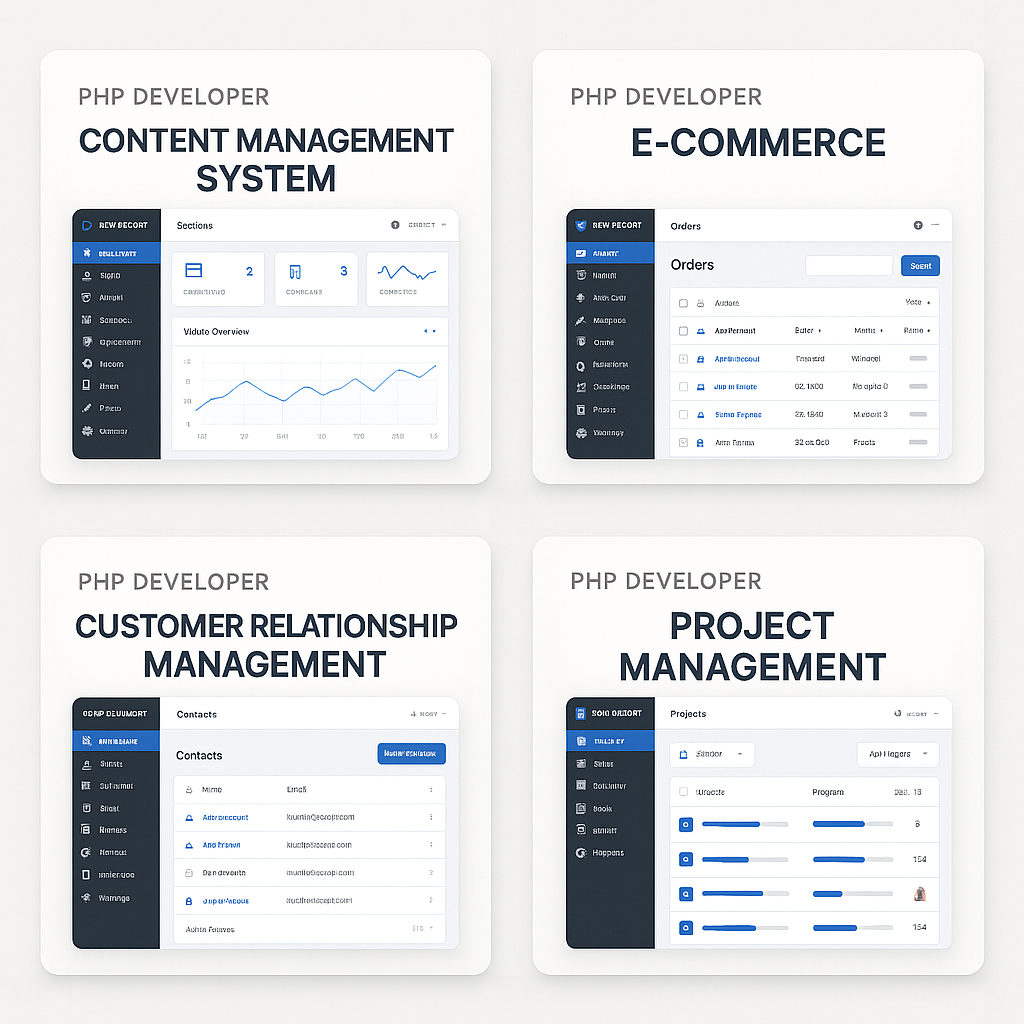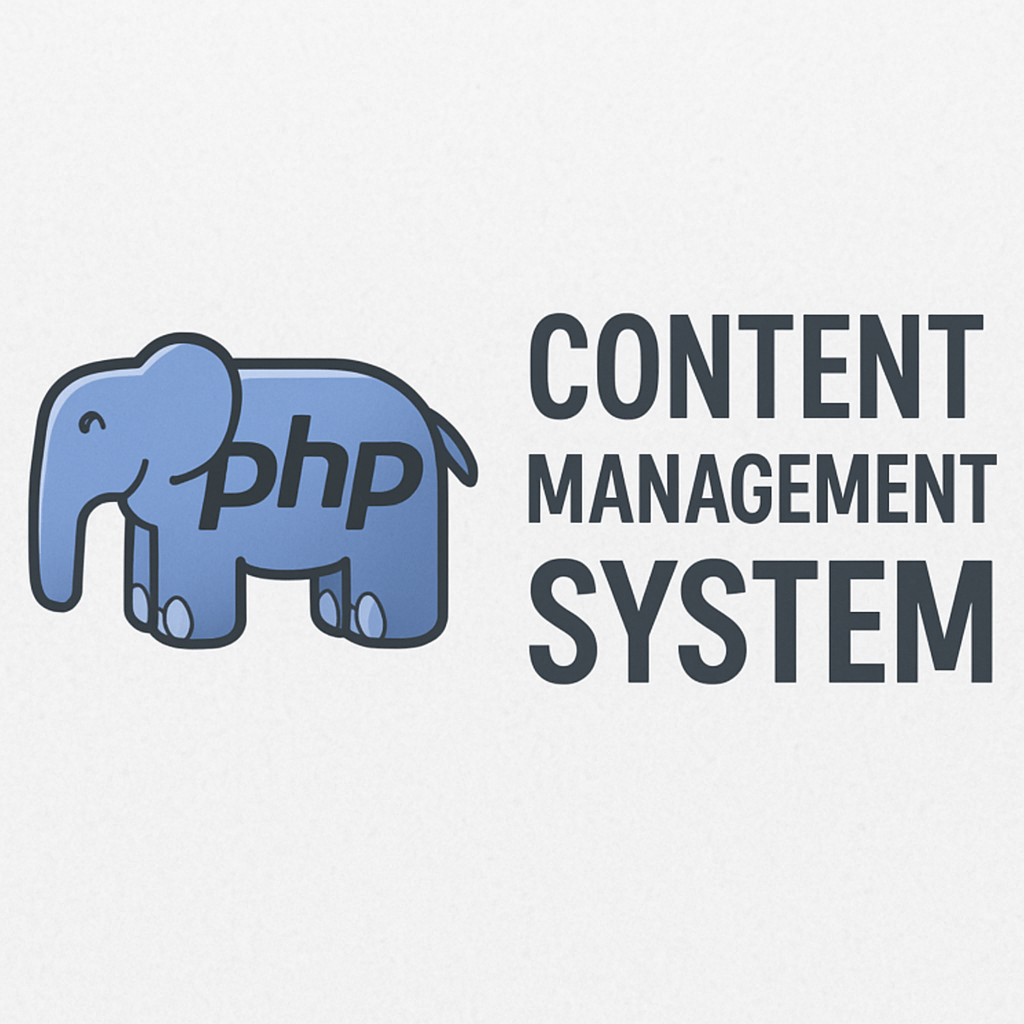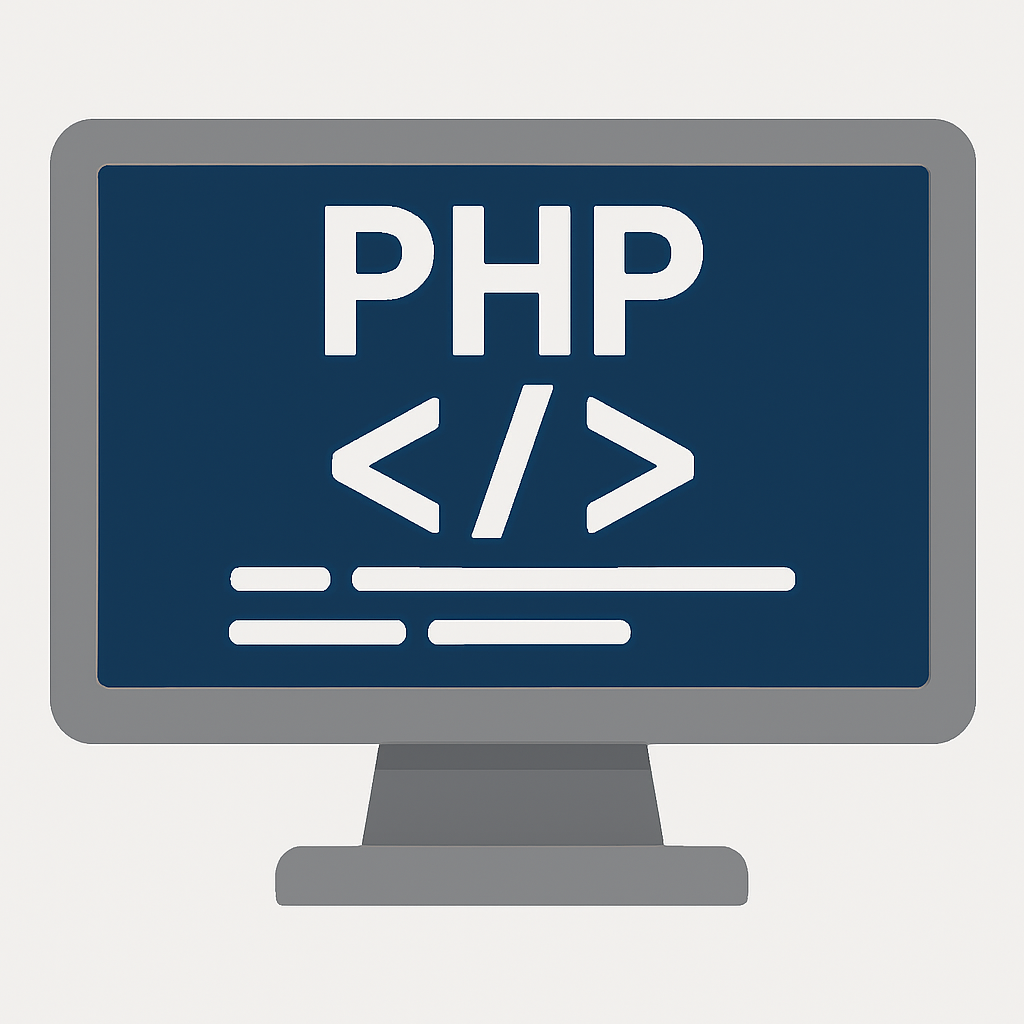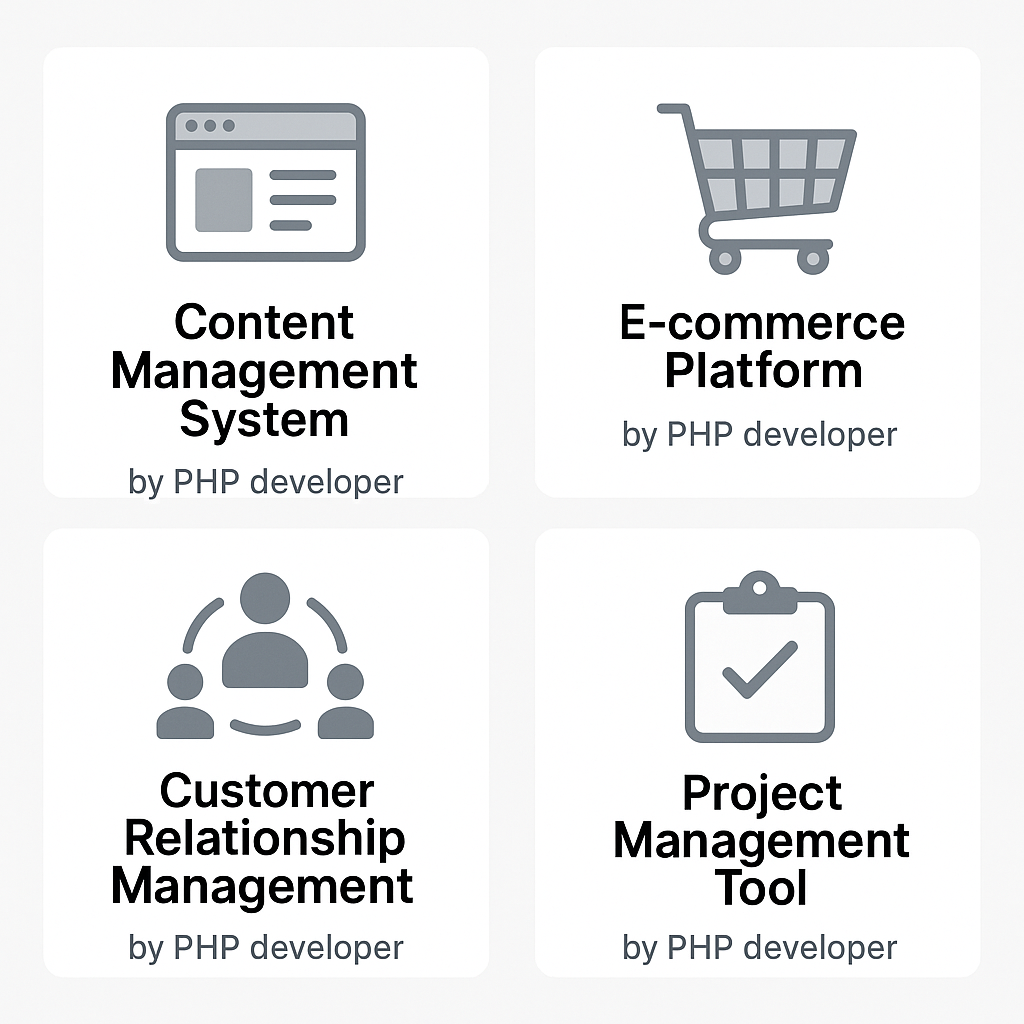Rapid access to seasoned PHP talent
Scalable team size to match project needs
Lower recruiting and HR overhead
No long-term employment liabilities
Immediate knowledge transfer to in-house staff
Faster project delivery and time-to-market
Cost-efficient compared to full-time hires
Exposure to diverse industry best practices
Ability to focus core staff on strategic work
Easy replacement or rotation of resources as needs change
Composer
Dependency manager simplifying modern PHP package integration
PhpStorm
Smart IDE boosting productivity for PHP developers
Laravel
Elegant framework accelerating development of PHP applications
Xdebug
Advanced debugger providing deep insights into PHP
Portfolios

Enterprise WordPress CMS
Robust content engine for corporate publishing.

Magento Commerce Platform
Scalable Magento B2C ecommerce infrastructure.

Laravel API Gateway
Secure Laravel RESTful microservice backend.

Moodle LMS Deployment
Adaptive Moodle learning management environment.

SuiteCRM Implementation
SuiteCRM-driven sales and service orchestration.
Reviews
Smartbrain filled our PHP developer opening in 12 days instead of the usual 8-week hunt. The Laravel specialist stepped into our LAMP stack without hand-holding, refactored old Symfony modules, and rolled out a new REST API. Onboarding was fully handled and sprint velocity climbed 27%.
Henry Carson
Dev Team Lead
BluePeak Logistics
Hiring senior PHP talent for our HIPAA-ready portal used to drag on forever. Smartbrain handed me two pre-vetted full-stack PHP engineers in 9 days, complete with paperwork, laptops, and benefits. Integration was frictionless; release cadence doubled and HR workload shrank 40%.
Alicia Brooks
HR Professional
Meridian HealthTech
I was drowning in Magento patches. Smartbrain’s contract PHP developer synced with our Git workflow overnight, fixed checkout bugs, and automated nightly MySQL backups. Revenue leaks stopped, uptime hit 99.9%, and I finally reclaimed my weekends. The whole engagement took 10 days to start.
Marcus Lee
Owner
Redwood Retail Systems
We urgently needed a PHP/MySQL performance guru. Smartbrain sourced one inside a week, mapped onboarding, and synced stand-ups across time zones. He cut query time from 2s to 400ms, optimized Symfony cache, and dropped support tickets 35%. Productivity spike keeps our SaaS churn sliding.
Dana Mitchell
CEO
Beacon Analytics Inc.
Smartbrain dropped a PSR-12 disciplined PHP developer straight into our microservice pipeline in record 8 days. She wrote PHPUnit suites, hardened REST endpoints, and halved CI/CD failures. Feature throughput soared 30%, letting my team focus on innovation while Smartbrain handled the HR grind.
Jared Powell
Dev Team Lead
OptiFleet Services
Tech Stacks
LAMP Stack
The classic LAMP stack remains the dependable starting point for most PHP developers. Running Linux distributions such as Ubuntu, Apache HTTP Server, MySQL or MariaDB, and vanilla PHP, it promotes simple deployments, abundant documentation, and inexpensive shared hosting. Developers appreciate straightforward .htaccess routing, mod_php speed for small projects, and the huge ecosystem of tutorials. Downsides involve limited horizontal scalability, older PHP extensions, and heavier memory usage compared to modern event-driven servers. Still, when deadlines are tight, LAMP offers predictable behavior and easy debugging using Xdebug or plain var_dump. Autogenerated section: Estimated learning time: two weeks, recommended version: PHP 8.2 globally.
LEMP Stack
The LEMP stack substitutes Apache with Nginx and runs PHP using PHP-FPM, delivering leaner memory footprints and event-driven request handling that scales better under high concurrency. Linux remains the base, and MySQL or MariaDB provide relational persistence. Many PHP programmers prefer LEMP for API back-ends, microservices, and container images where every megabyte counts. Configuration highlights include nginx.conf caching, HTTPS via Certbot, and upstream pools for zero-downtime reloads. Drawbacks center on steeper learning curves and subtle rewrite-rule differences compared to Apache. Autogenerated section: Typical Docker image size: ninety megabytes, suggested monitoring: Prometheus plus Grafana dashboards. Helm charts ease cluster deployment maintenance.
Laravel & Vue.js Stack
Loved for expressive syntax and batteries-included tooling, Laravel paired with Vue.js offers PHP developers a modern full-stack experience. Laravel’s Eloquent ORM, Blade templates, and robust queue system speed API construction, while Vue powers reactive front-end components through Laravel Mix and Vite integration. Out-of-the-box authentication scaffolding, Sanctum tokens, and elegant route caching accelerate MVP delivery. Drawbacks include heavier dependency trees and build steps that feel overwhelming to newcomers. Nevertheless, community packages like Livewire, Inertia, and Jetstream keep evolving choices fresh. Autogenerated section: Recommended IDE: PhpStorm with Laravel plugin, testing stack: Pest plus Cypress end-to-end. CI tools GitHub Actions or GitLab Pipelines.
Symfony Full-Stack
Symfony’s full-stack configuration targets enterprise PHP projects demanding strict architecture, long-term support, and interoperability. Based on reusable components powering frameworks like Laravel and Drupal, Symfony promotes DependencyInjection, EventDispatcher, and HttpKernel patterns that fit Domain-Driven Design. Composer Flex recipes bootstrap bundles such as API Platform, Messenger, or Security without yak-shaving. Integrated profiler toolbar and rich CLI make debugging enjoyable. However, its convention-heavy directory layout and verbose YAML or PHP attributes can intimidate juniors compared to lighter microframeworks. Autogenerated section: Best deployment method: read-only build artifact pushed via Deployer; benchmarking shows 1500 requests per second on PHP-FPM running OPcache and JIT enabled.
Headless WordPress
Turning WordPress into a headless CMS lets PHP developers preserve its familiar admin while serving content via REST API or GraphQL to JavaScript front ends like Next.js, Nuxt, or SvelteKit. The approach improves performance and security by separating rendering from management, enabling static regeneration and CDN delivery. Plugins such as WPGraphQL, JWT Auth, and Advanced Custom Fields streamline schema modeling. Challenges include maintaining two deployment pipelines, authentication complexity, and plugin compatibility when themes are absent. Autogenerated section: Preferred hosting: managed container platform; average editorial onboarding time: three hours; suggested cache strategy: Redis object caching plus Cloudflare Full Page Cache support.
Magento 2 Commerce Stack
Magento 2’s e-commerce stack combines PHP 8, Composer, Elasticsearch, RabbitMQ, and optional Varnish to power large catalog storefronts with multi-store, multi-currency features. Developers leverage the MVC architecture, Knockout.js UI components, and GraphQL storefront APIs for custom experiences. The system’s modularity allows marketplace extensions and bespoke modules, yet steep learning curves, lengthy deploys, and heavy hardware requirements challenge teams. Proper CI/CD with Capistrano or Deployer, sample data sanitization, and cron management are critical for success. Autogenerated section: Recommended infrastructure: Kubernetes with horizontal pods, separate MySQL master-slave cluster, and CDN image resizing; optimal users per node: nine hundred during traffic spikes periods.
Shortlist

Lukas Hoffmann
Senior PHP/Laravel Engineer

Diego Ramirez
Lead Symfony/PHP Architect

Andrew McLeod
Principal Fintech PHP Engineer

Kenji Tanaka
Full-Stack PHP/Vue Developer

Marco Rossi
Staff PHP Platform Engineer

Daniel Nguyen
Senior PHP Data Engineer
Dev augmentation service
Rapid Team Scaling
Dev-augmentation lets you add vetted PHP engineers on-demand, expanding delivery capacity within days instead of the months traditional hiring requires.
Access to Niche PHP Expertise
Augmented developers often arrive with deep experience in specific PHP frameworks, legacy versions, or performance tuning that may be scarce in-house.
Lower Recruitment Overhead
You skip sourcing, interviewing, and onboarding costs— the provider handles HR logistics while you focus on core product work.
Flexible, Cost-Efficient Staffing
Scale the augmented PHP team up or down to match sprint goals, avoiding long-term payroll commitments and bench time expenses.
Faster Time-to-Market
Extra PHP talent shortens feature backlogs and accelerates releases, helping you seize market opportunities ahead of competitors.
Internal Knowledge Transfer
Embedded external experts share best practices and modern PHP standards, upskilling your permanent staff as projects progress.
Domain expertise
E-Commerce & Online Retail
Online shops, marketplaces and retail platforms rely heavily on PHP frameworks like Magento, WooCommerce or Laravel to handle catalog management, shopping carts and payment gateways.
Content Management & Digital Media
Publishers, news portals, and blogs use PHP-based CMSs such as WordPress, Drupal or Joomla to create, manage and deliver content at scale.
FinTech & Online Banking
Payment processors, online banking portals and micro-finance platforms leverage PHP for secure transaction handling, user management and API integrations.
Software-as-a-Service (SaaS) Platforms
Many B2B and B2C SaaS products are built with PHP due to its quick development cycle and extensive ecosystem, covering CRM, marketing automation, help-desk and analytics tools.
Why hire with us
Immediate access to vetted PHP expertise
Reduced recruitment and onboarding time
Lower total cost compared with full-time hires
Scalable team size based on project needs
Faster time-to-market for new features
Access to the latest PHP frameworks and best practices
Flexibility to engage talent only when required
Provider handles HR, payroll, and compliance overhead
Risk mitigation through service-level agreements and oversight
Knowledge transfer to strengthen in-house capabilities
